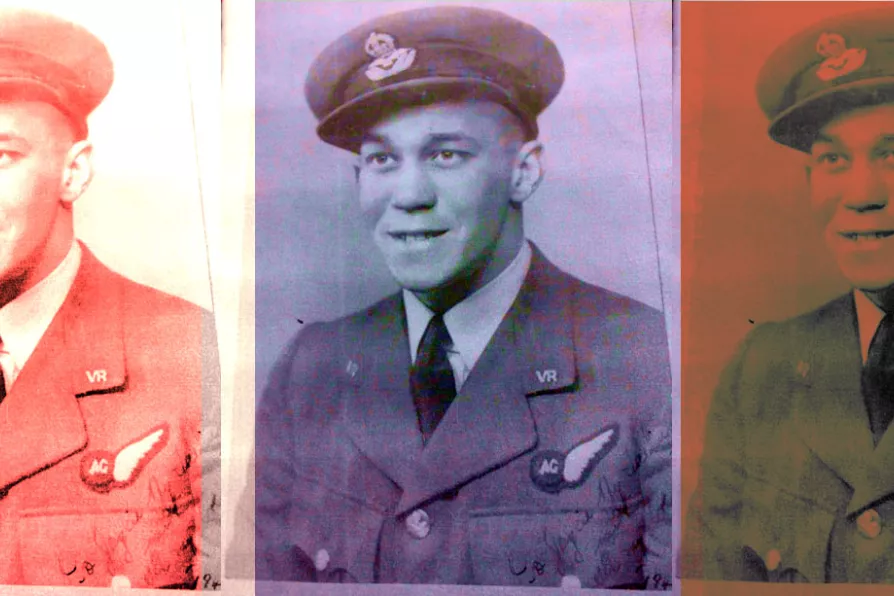This weekend, the NEU holds a special conference to debate changing its approach to organising teaching assistants, which a 2017 TUC agreement forbids. General secretary DANIEL KEBEDE outlines the choices before delegates
The centenary of a remarkable black communist
Billy Strachan was a pilot, a lawyer, a mentor and a supporter of the anti-colonialist struggle. DAVID HORSLEY tells his story


BILLY STRACHAN was born 100 years ago today, on April 16 1921 in Jamaica, then a British colony.
Aged just 18, he paid his own way to Britain in 1940 to join the Royal Air Force to take part in the war effort against Nazi Germany.
He rose through the ranks to become flight lieutenant, a remarkable achievement for a black person at that time.
Similar stories

Peter Mitchell's photography reveals a poetic relationship with Leeds

Ben Cowles speaks with IAN ‘TREE’ ROBINSON and ANDY DAVIES, two of the string pullers behind the Manchester Punk Festival, ahead of its 10th year show later this month

This is poetry in paint, spectacular but never spectacle for its own sake, writes JAN WOOLF

JOHN GREEN surveys the remarkable career of screenwriter Malcolm Hulke and the essential part played by his membership of the Communist Party










